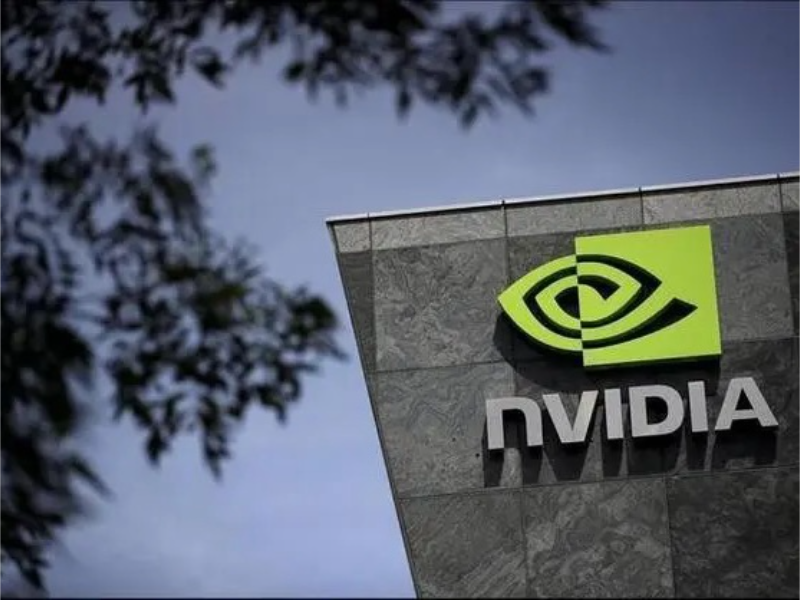- Nvidia’s potential delay in launching its Blackwell AI chips due to design flaws is not expected to significantly impact the company’s revenue or demand, according to analysts.
- Despite the setback, the company’s strong market position and demand for its AI chips suggest that any delays will likely be resolved without major share shifts.
OUR TAKE
While Nvidia may face a delay in the launch of its Blackwell AI chips due to design flaws, analysts do not believe that this delay will have a significant impact on the company’s revenue or demand. The company currently holds more than 80% share of the AI chip market, demonstrating its unique position and strong market position in the wave of AI development. Despite some delays, analysts expressed confidence that these issues can be resolved through firmware or platform updates, and do not believe that these delays will be reflected in demand for data centre revenue in 2025.
-Rae Li, BTW reporter
What happened
Nvidia’s Blackwell AI chip will face a delay of three months or more due to a design flaw. The news comes from media reports noting that the delay could affect key customers including Meta Platforms, Alphabet’s Google and Microsoft. Despite such concerns, Bernstein analyst Stacy Rasgon noted in a report on Monday that demand levels continue to rise and major hyperscale data centres continue to increase their capex outlooks, meaning Nvidia’s revenues and demand will not be impacted too much. If delays occur, sales of Nvidia’s older “Grace Hopper” chips will help fill the gap.
Nvidia is both the biggest driver and beneficiary of AI development, and Nvidia’s CEO Jensen Huang said in May that the latest Blackwell series of AI chips were scheduled to ship in the second quarter. However, supply of the in-demand AI chips continues to be tight as manufacturers such as Taiwan’s TSMC have struggled to expand capacity for complex technologies such as advanced packaging. Nonetheless, Nvidia’s CFO Colette Kress said in May that demand for Blackwell chips could continue into next year.Analysts at TD Cowen have also expressed confidence that these issues will be resolved through firmware or platform updates, and that the delays do not reflect the need for data centre revenues in 2025.
Also read: DOJ initiates probe into Nvidia’s market practices in AI chip sector
Also read: Nvidia delays chip launch due to design flaws
Why it’s important
Nvidia’s AI chips not only underpin global data centre operations, but also drive several technological advances including cloud computing, big data analytics and machine learning. The delay can affect tech giants that rely on Nvidia chips, such as Meta, Google, and Microsoft, which are aggressively expanding their AI infrastructure to remain competitive. As such, any changes to Nvidia’s chip supply can have a ripple effect across the tech industry.
With the rapid development of AI technology and expanding applications, there is a growing demand for high-performance AI chips. However, the chip manufacturing process is complex and involves advanced technology and sophisticated processes, and any design flaws or production delays can lead to supply shortages. Therefore, it is critical for investors, tech companies, and the tech industry as a whole to keep an eye on Nvidia’s chip supply situation.

